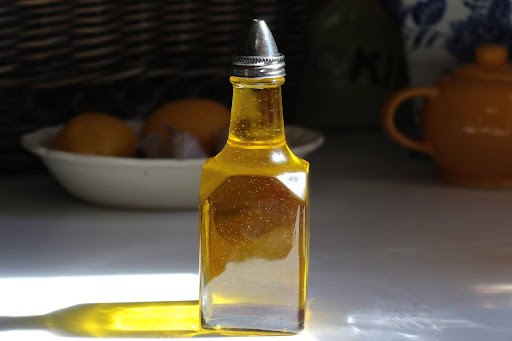As our awareness of environmental issues grows, so does our responsibility to dispose of waste, including oils, in a manner that minimizes harm to the environment. Improper disposal of oils can lead to pollution of waterways, soil contamination, and harm to wildlife. However, with the right approach, we can ensure that oils are disposed of responsibly, reducing our environmental footprint.
Commercial oils, especially the ones used by power stations are professionally handled through on site oil reclamation services, however, it is the cooking oil that is often disposed of in a wrong way. Here are some essential strategies you can follow to reduce your environmental impact.
-
Recycle Used Cooking Oil
One of the most environmentally friendly methods of disposing of oils is through cooking oil recycling. Many communities offer recycling programs or drop-off locations where residents can safely dispose of their used cooking oil. You can also take help from professional services that handle used cooking oils.
Recycled cooking oil can be converted into biodiesel fuel, reducing reliance on fossil fuels and mitigating greenhouse gas emissions. By participating in recycling programs, individuals can contribute to a circular economy and support sustainable practices.
-
Utilize Oil Absorbent Materials
For small quantities of oil spills or drips, utilizing oil absorbent materials is an effective way to contain and dispose of oils with minimal environmental impact. Materials such as absorbent pads, kitty litter, or sawdust can be used to soak up the oil, preventing it from contaminating soil or water sources. you can follow to reduce your environmental impac
Once absorbed, the material can be safely disposed of in accordance with local regulations, often through regular trash collection.
-
Consider Composting Vegetable Oils
Vegetable oils, such as olive oil or sunflower oil, can be composted in a responsible manner, provided they are free from contaminants such as meat or dairy. Small quantities of vegetable oil can be added to compost piles or bins, where they will naturally break down over time.
However, it is essential to avoid adding large quantities of oil to compost, as this can disrupt the composting process and create unpleasant odors. By composting vegetable oils, individuals can enrich their soil and reduce waste sent to landfills.
-
Hire Professional Disposal Services
For larger quantities of oils or oils contaminated with hazardous substances, seeking professional disposal services is crucial to prevent environmental harm. Many municipalities offer hazardous waste disposal programs or facilities where residents can safely dispose of oils and other hazardous materials.
These facilities employ specialized processes to treat and dispose of oils in an environmentally responsible manner, ensuring that they do not pose a risk to public health or the environment.
-
Avoiding Flushing Or Draining Oils
One of the most common mistakes people make when disposing of oils is pouring them down the drain or flushing them down the toilet. This practice can lead to clogged pipes, sewer backups, and pollution of waterways.
It is essential to never dispose of oils in this manner, as they can accumulate in sewer systems and cause costly damage to infrastructure. Instead, follow proper disposal methods to protect both the environment and your plumbing.
Vegetable , such as olive oil or sunflower oil, can be composted in a responsible manner, provided they are free from contaminants such as meat or dairy. Small quantities of vegetable oil can be added to compost piles or bins, where they will naturally break down over time.
However, it is essential to avoid adding large quantities of oil to compost, as this can disrupt the composting process and create unpleasant odors. By composting vegetable , individuals can enrich their soil and reduce waste sent to landfills. sunflower oil





